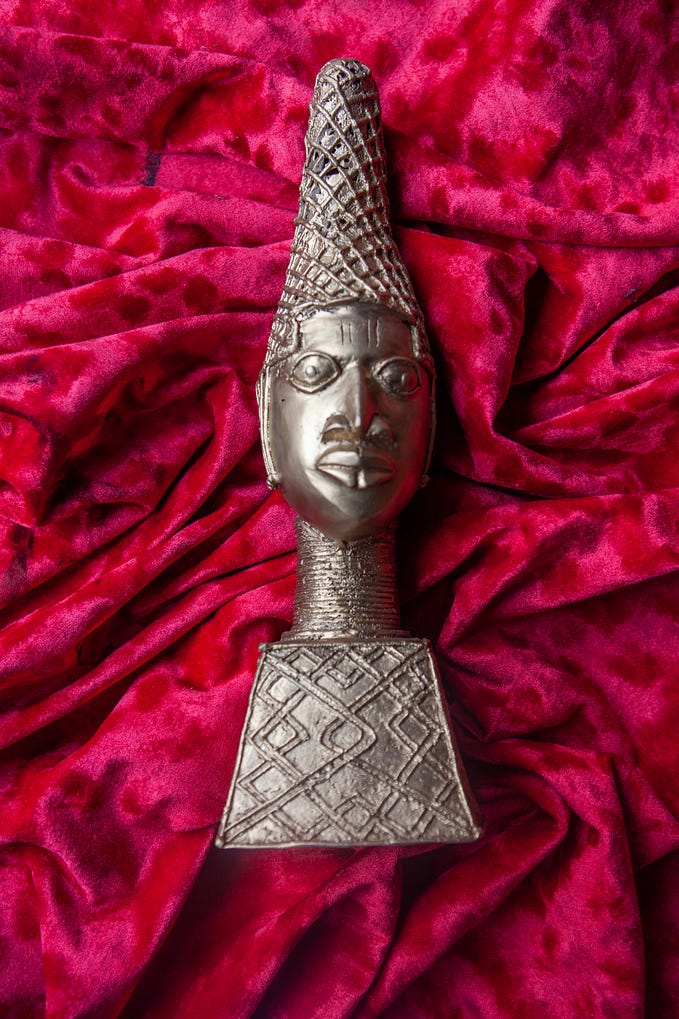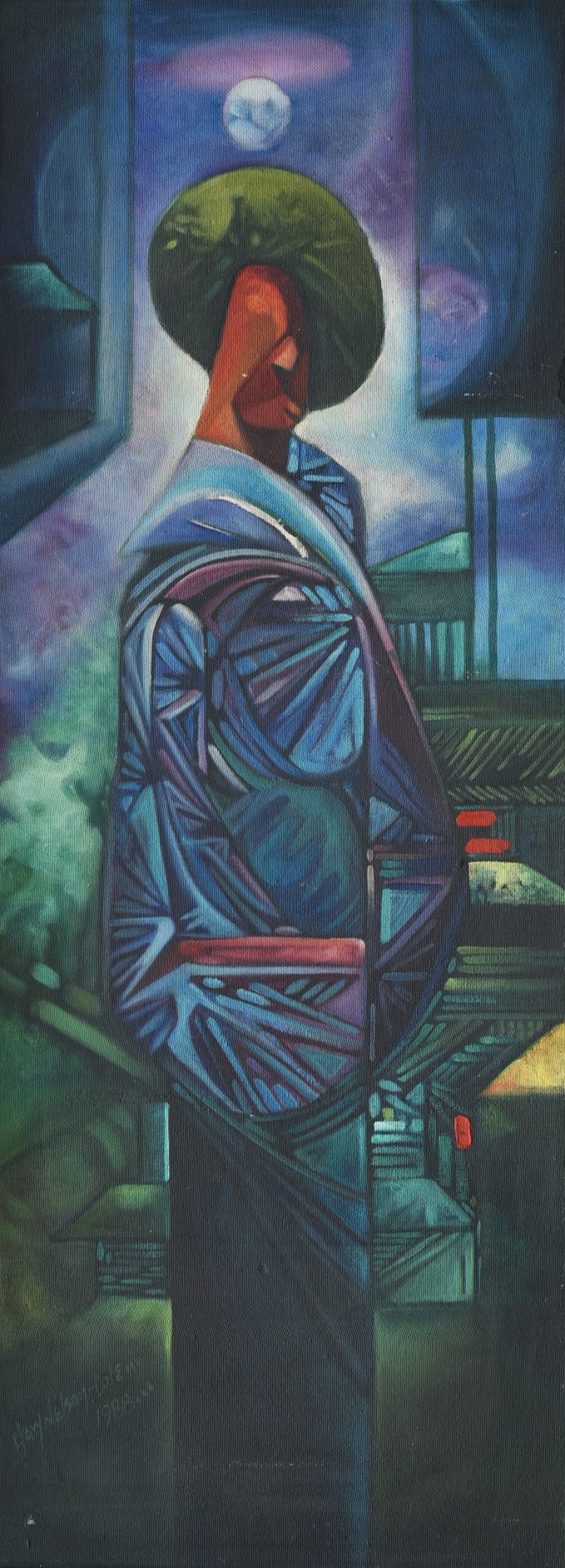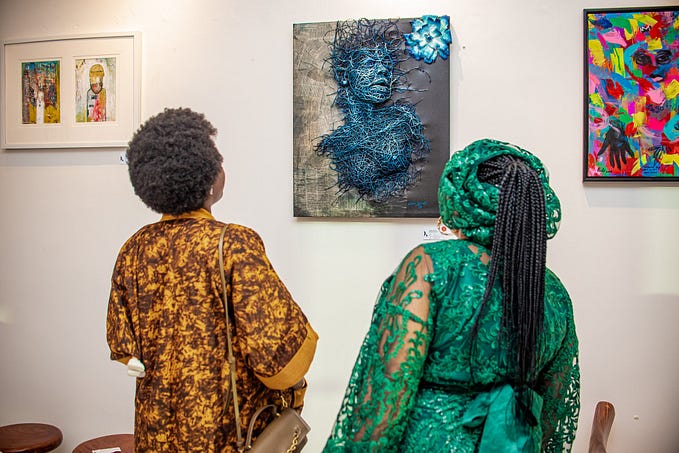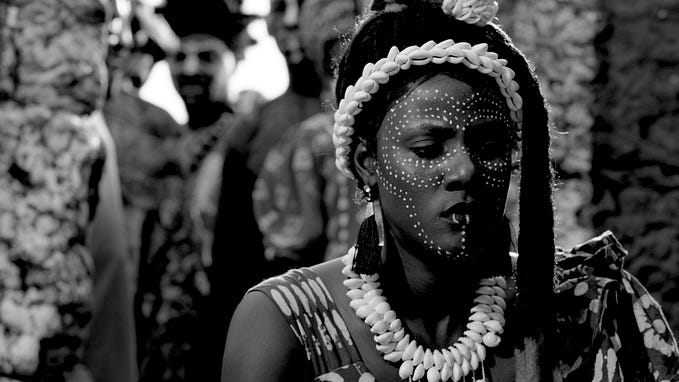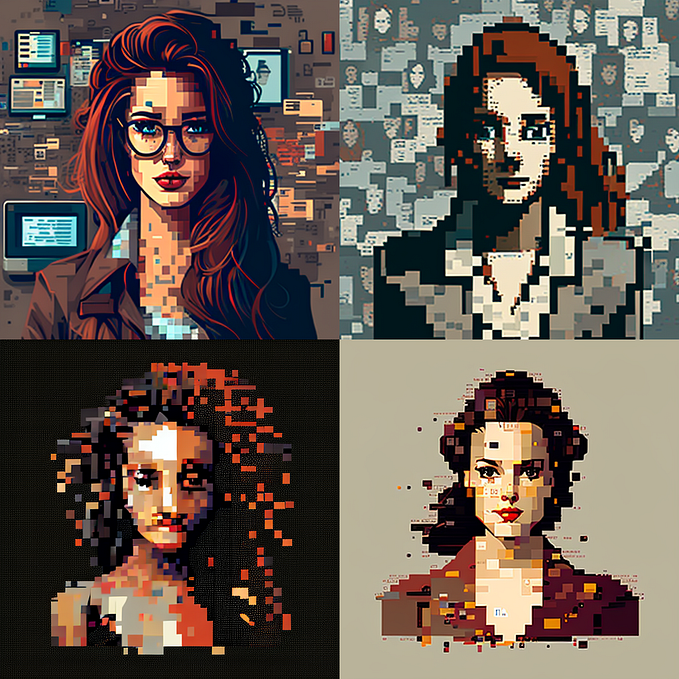African Artists Fighting for Change: Using Creativity to Tackle Political and Social Injustice

The vibrant continent of Africa has a history of artistic expression that reflects its diverse cultural, social, and political realities. Throughout its history, African artists have used their creativity and ingenuity to express their views on political oppression, social injustice, and economic inequality. They have been at the forefront of advocating for change, inspiring social movements, and raising awareness of important issues.
From traditional art forms like textiles, sculpture, and painting to contemporary mediums like digital and performance art, African artists have fearlessly explored and experimented with a wide range of styles and mediums to tackle the complex issues they face. Despite censorship and government oppression, many African artists have persisted in their efforts to use their art as a means of social and political commentary.
In the following paragraphs, we’ll dive into the fascinating lives and work of some of the most renowned African artists who have used their craft to fight political and social injustice.

El Anatsui, a Ghanaian artist, creates massive sculptures made from recycled materials that address issues of globalization, consumption, and waste. He is a vocal critic of the environmental and social impact of consumer culture.
In his words, artist should be able to do art with what the earth throws up.
Chéri Samba, a Congolese painter, is known for his colorful paintings that speak to poverty, corruption, and inequality in Africa. His work often features political and social commentary, and he has been an outspoken critic of the political elite in Congo.

Malangatana Ngwenya, a Mozambican painter, used his art to highlight the social and political realities of life in Mozambique. His work reflects the violence and hardship experienced by Mozambicans during the country’s long struggle for independence and subsequent civil war.

Julie Mehretu, an Ethiopian American painter, creates abstract works that speak to issues of power, resistance, and social change. Her art reflects the complexity and contradictions of contemporary society, and she actively supports movements for social justice and political change.

Fela Kuti, a Nigerian musician and activist, used his music to speak out against corruption, inequality, and authoritarianism in Nigeria. He is known for his songs like “Zombie” and “Gentleman,” which criticized the Nigerian government and military.

Miriam Makeba, a South African singer and activist, raised her voice against apartheid in South Africa. She used her music to draw attention to the injustices faced by black South Africans and to promote the anti-apartheid movement.

Chinua Achebe, a Nigerian novelist and poet, wrote about the social and political realities of life in Nigeria. His most famous work, “Things Fall Apart,” is a powerful critique of colonialism and its effects on African society.

In conclusion, these African artists and many others have used their art as a powerful tool to inspire, challenge and transform society. Through their creativity and ingenuity, they have raised awareness about important issues, inspired social movements, and contributed to positive change in their communities and beyond. Their work is a testament to the power of art and the human spirit, and a reminder that even in the face of adversity, creativity and hope can triumph.

